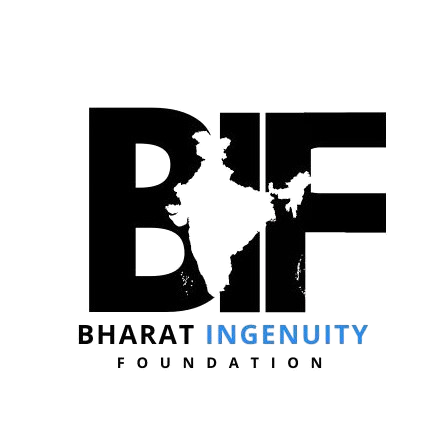Tackling Waste Management in Northeast India: A Community-Driven Approach

India faces a significant challenge with plastic waste—40% remains uncollected, and of the collected waste, 60% is not recycled. Remote regions like Umrongso, in Assam’s Dima Hasao district, mirror this national issue. In these areas, waste management is acknowledged as a challenge, but the capacity to solve the issue is lacking. Initiatives are taken, but the issue remains unaddressed due to a limited understanding of its complexity. Continued mismanagement could lead to disastrous consequences for remote regions like Umrongso in the long run
The Environmental and Socio-Economic Impact
In biodiversity-rich regions like Northeast India, improper waste management can have severe consequences. It contaminates soil, pollutes water sources, and harms biodiversity, directly impacting communities that depend on natural resources. These challenges reduce agricultural productivity, increase healthcare costs, and create broader socio-economic concerns.
Places like Umrongso, identified as top tourist destinations, face significant backlash during such crises. Resource degradation sparks disputes over access to clean land and water, disrupting community harmony—a growing problem evidenced by recent cases across the region.
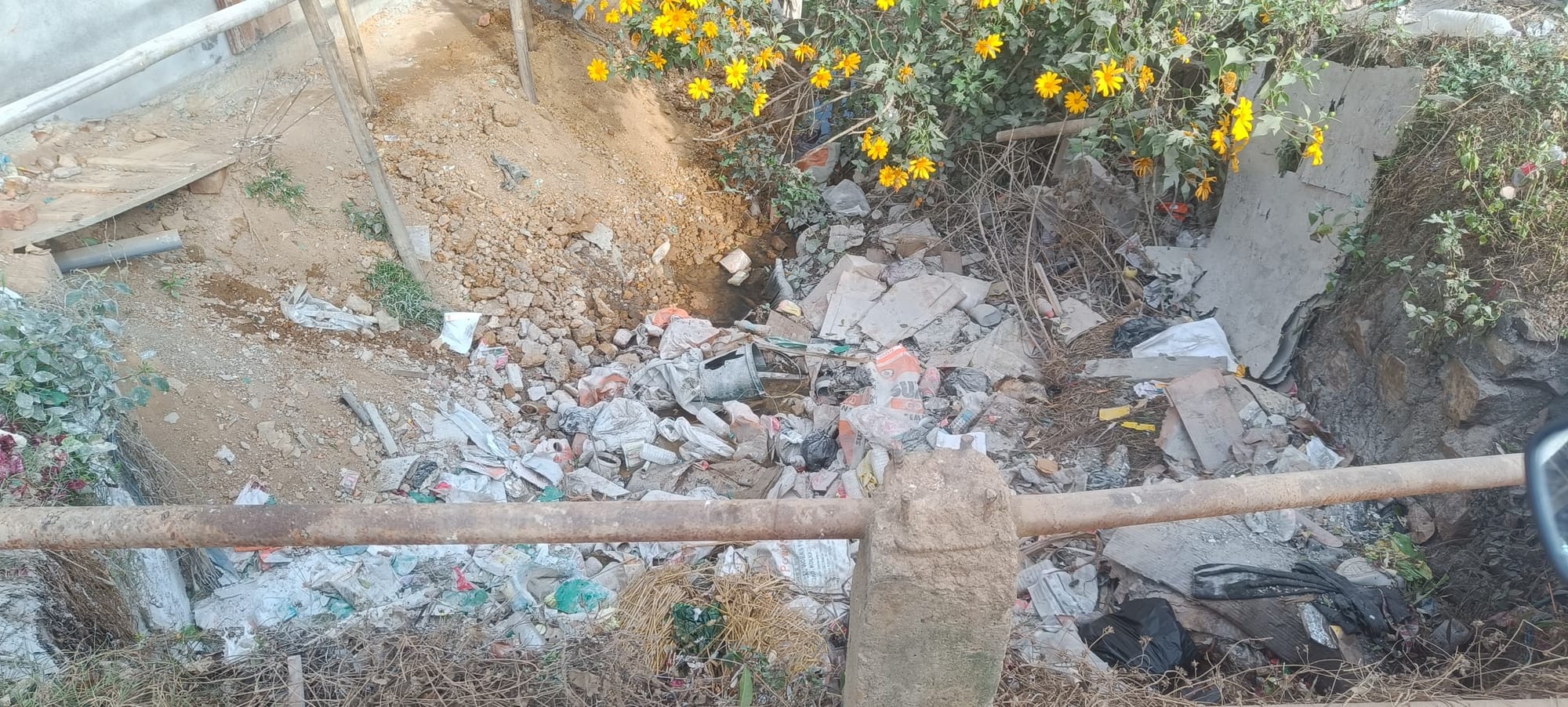
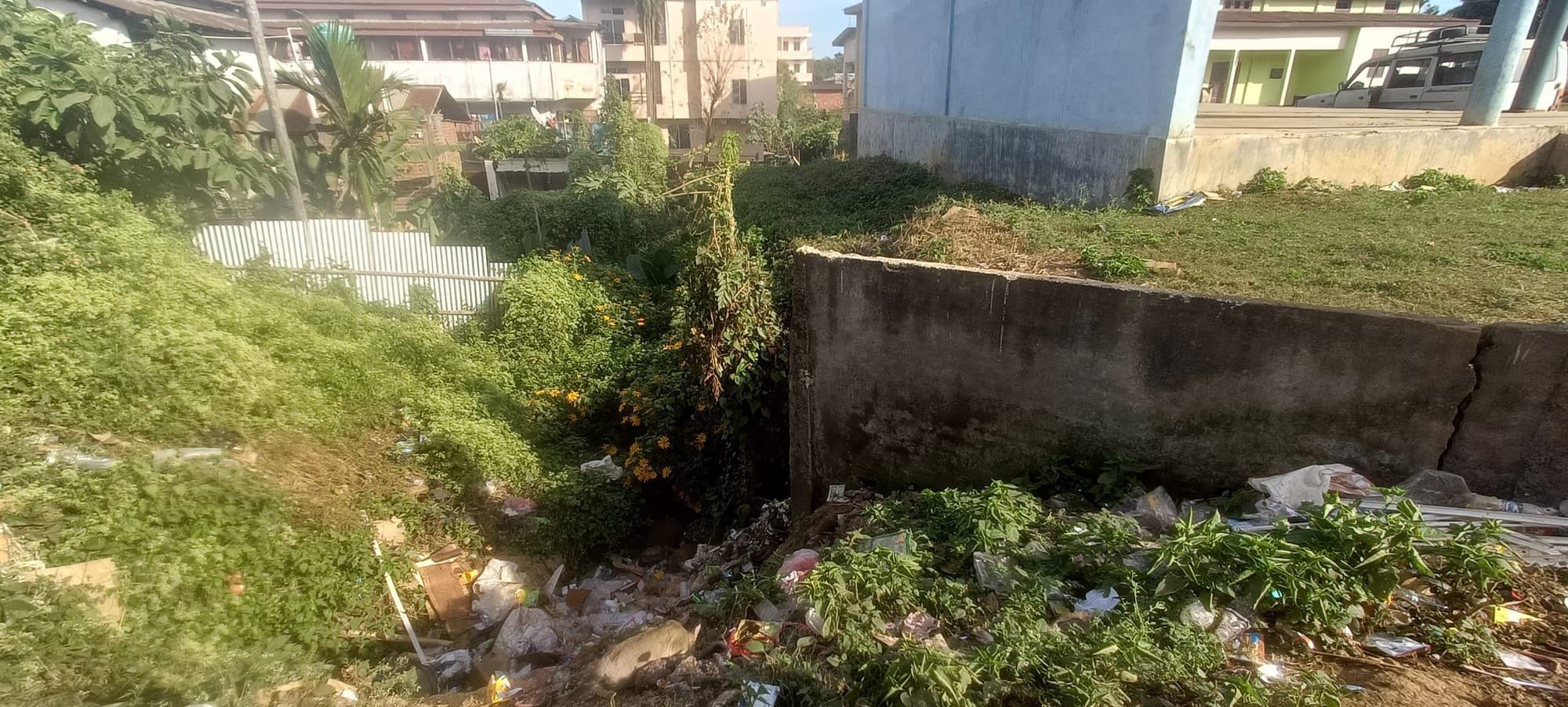
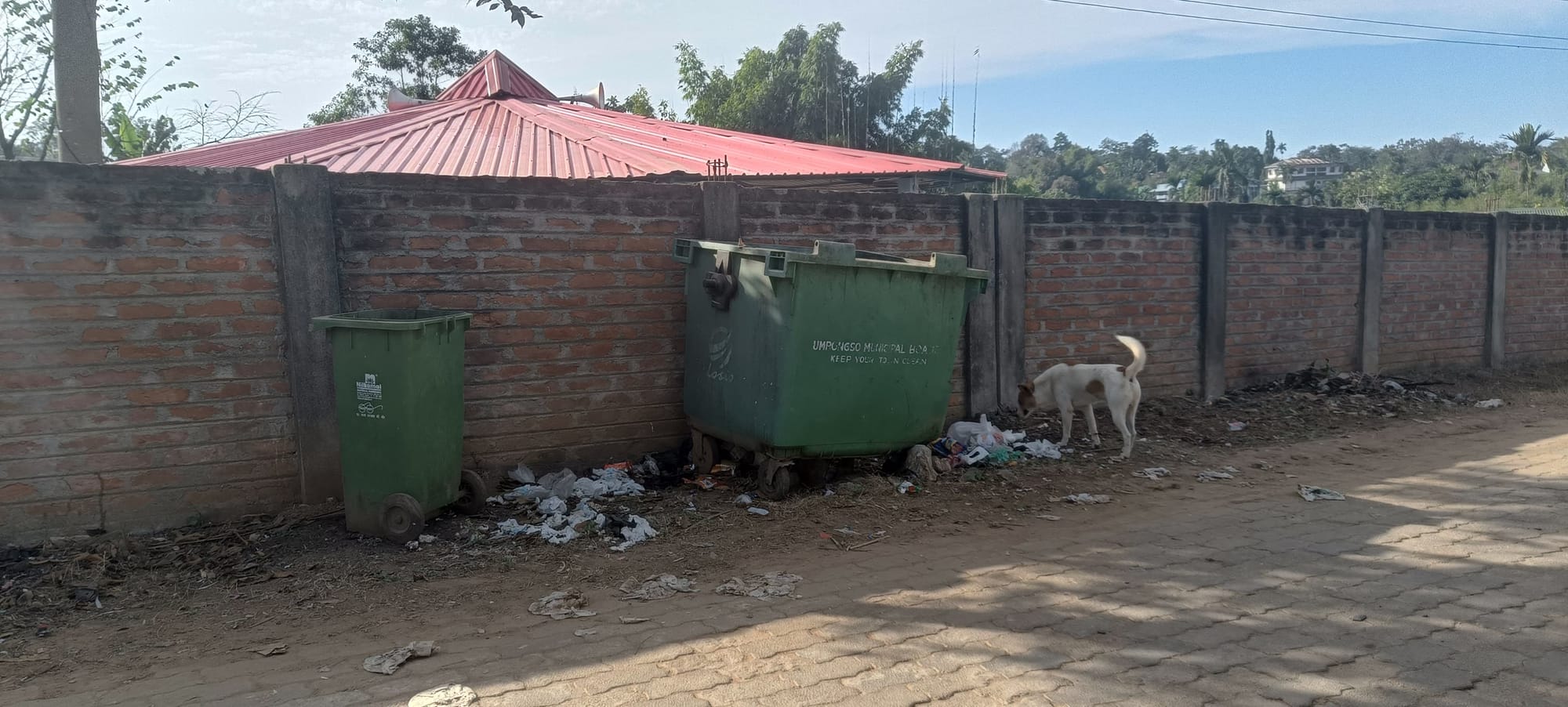
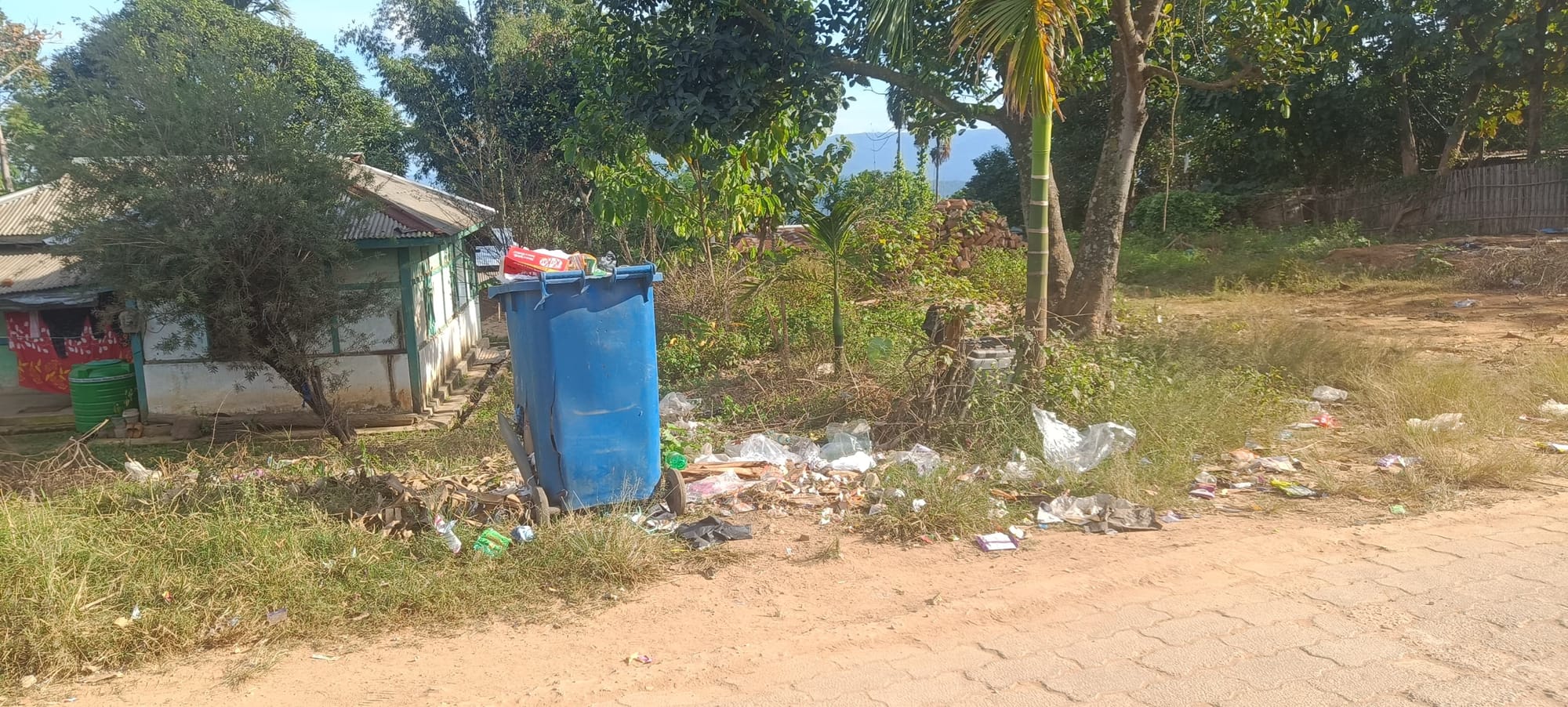
Umrongso: A Dual Role and a Waste Problem
Umrongso, a remote area in Dima Hasao, serves as both a tourist destination and an industrial hub, attracting a large number of visitors and workers. This influx generates significant waste, much of which remains uncollected and unmanaged, threatening both the local environment and livelihoods. Even the waste that is collected lacks proper processing and is unsystematically dumped, leading to environmental degradation. Umrongso, once known for its clean water and green fields, now faces threats that could harm its natural beauty. Over time, this neglect could deter tourists, ultimately impacting local livelihoods.
Women Leading the Change
In response, two dedicated women, Shashikola Rai and Chandra Kumari Rai, have stepped up to tackle the waste crisis at the Golf Course in New Tumbung, Umrongso. Employed by the Umrongso Tourism Management Committee and supported by the Bharat Ingenuity Foundation, they collect and segregate waste as part of a broader community-led initiative. This initiative, though initially focused on the Golf Course, has the potential to significantly address the waste crisis in the region. These women waste warriors are leading a grassroots effort to spark broader change.
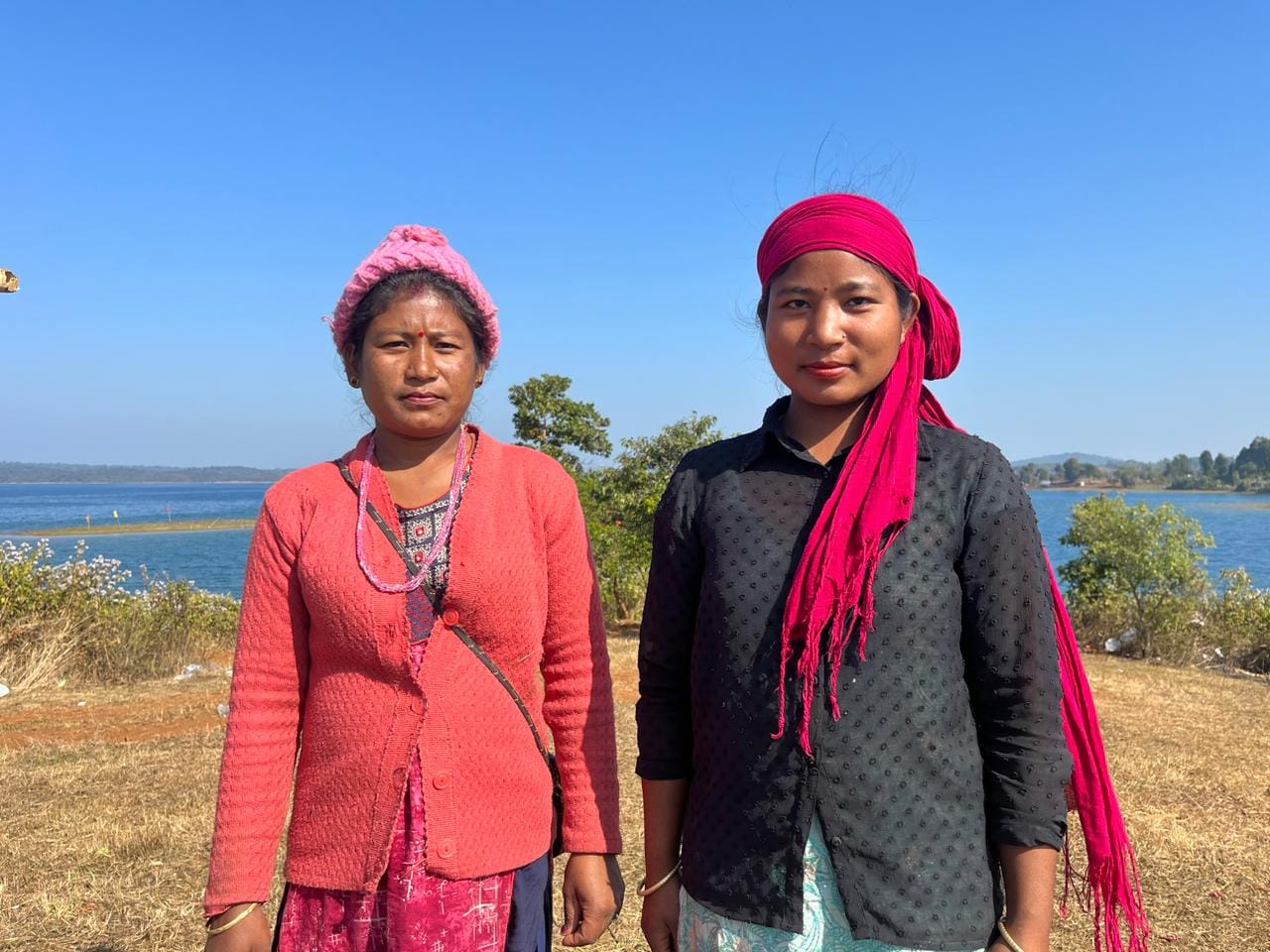
A Sustainable Solution
The Bharat Ingenuity Foundation has collaborated with the community to design a sustainable waste management plan, leading to the formation of the New Tumbung Waste Management Society (NTWMS). This women-led organization collects, segregates, and stores waste daily at the Golf Course. Once the waste reaches a 2-ton threshold, it is sold to the Dalmia Bharat Cement Factory for use in their kilns, generating revenue to sustain NTWMS operations. While this is a modest beginning, it demonstrates a viable solution to managing the waste generated in the area.
Expanding the Initiative
The project is now advocating for citywide waste management in Umrongso, ensuring that all waste generated in the town is collected and processed. With the support of multiple government organizations and community involvement, the initiative aims to transform Umrongso into a green town in the long run. Establishing a Material Recovery Facility (MRF) to process waste from across Umrongso and beyond would greatly benefit the entire district as well as the New Tumbung Waste Management Society. This facility would allow for the segregation of high-value recyclable materials, enabling sales to recyclers for higher income.
Additionally, Self-Help Groups (SHGs) are being trained to transform waste into valuable products, focusing on high-value waste items. Unrecyclable materials will continue to be sent to the cement factory for safe disposal.
A Model for Replication
The NTWMS model demonstrates the potential of community-driven waste management to address environmental challenges while empowering local women and generating revenue. This approach can be replicated in other districts across Northeast India, providing a sustainable solution to the region’s growing waste crisis.The NTWMS model demonstrates the potential of community-driven waste management to address environmental challenges while empowering local women and generating revenue. This approach can be replicated in other districts across Northeast India, providing a sustainable solution to the region’s growing waste crisis.
